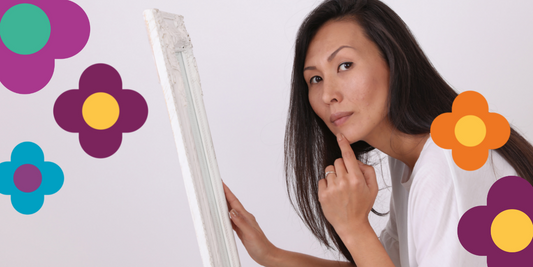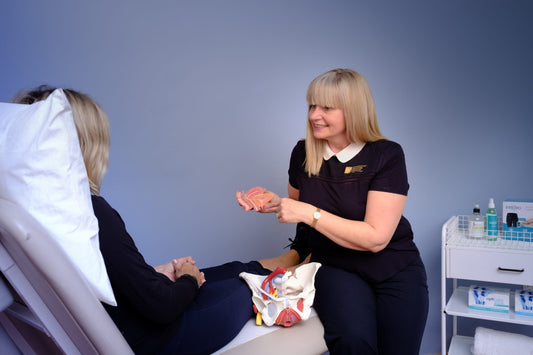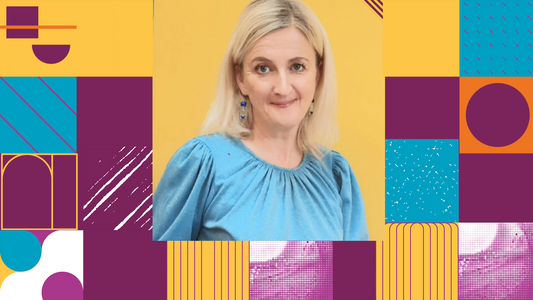KeyForHer took a look at different studies regarding menopause, here's what the research shows:
Practically every woman experiences menopause – but it’s only now we’re beginning to talk about it more openly.
Suffice to say that at KeyForHer, we firmly believe this conversation is well overdue.
Nobody speaks about the typical side-effects – hot flashes, poor sleeping patterns, thinning hair, vaginal dryness – sometimes not even among close friends and family.
In the US, a recent survey – The State Of Menopause Study – looked at more than 1,000 women aged 40 to 65.
Incredibly, three-quarters of women (73%) said they weren’t currently treating their menopause – despite enduring the likes of weight gain, night sweats, and hot flashes.
Nearly half (45%) admitted they didn’t know the difference between peri-menopause – the transitional period leading up to menopause – and menopause.
The study, backed by female-focused healthcare brand Bonafide – found that nearly one-third (29%) of women never sought information about menopause before they experienced it.
Another third (34%) had never been formally accessed by a doctor or diagnosed as menopausal.
Just 9% said they discussed menopause with their mums. Eighty-four per cent said they are not using the same menopause treatments that their mother or grandmother used. Most women were keen to look at alternatives to HRT (the standard medical approach to menopause since the 1960s). 65% of women surveyed said they would currently not consider using HRT.
The perception of HRT largely stems from research published 20 years ago. It raised serious questions and claimed that the health risks of the treatment could outweigh the benefits. The same study also linked HRT to a slightly raised risk of breast cancer.
What the research shows
This research has come into question since then due to its limitations. That and HRT as medication has evolved and improved
Still, there is no doubt that many peri-menopausal women remain keen to try alternatives as they best manage their symptoms.
Thankfully, and after years of the health needs of women not being met, there are increasing numbers of options. These options will only continue to develop, too: the number of menopausal women worldwide will reach 1.1 billion by 2025 (making us impossible to ignore!)
We need to continue the conversation, all of us – men and women of all ages and life-stages. We need to continue to champion the considerations of menopausal women.













